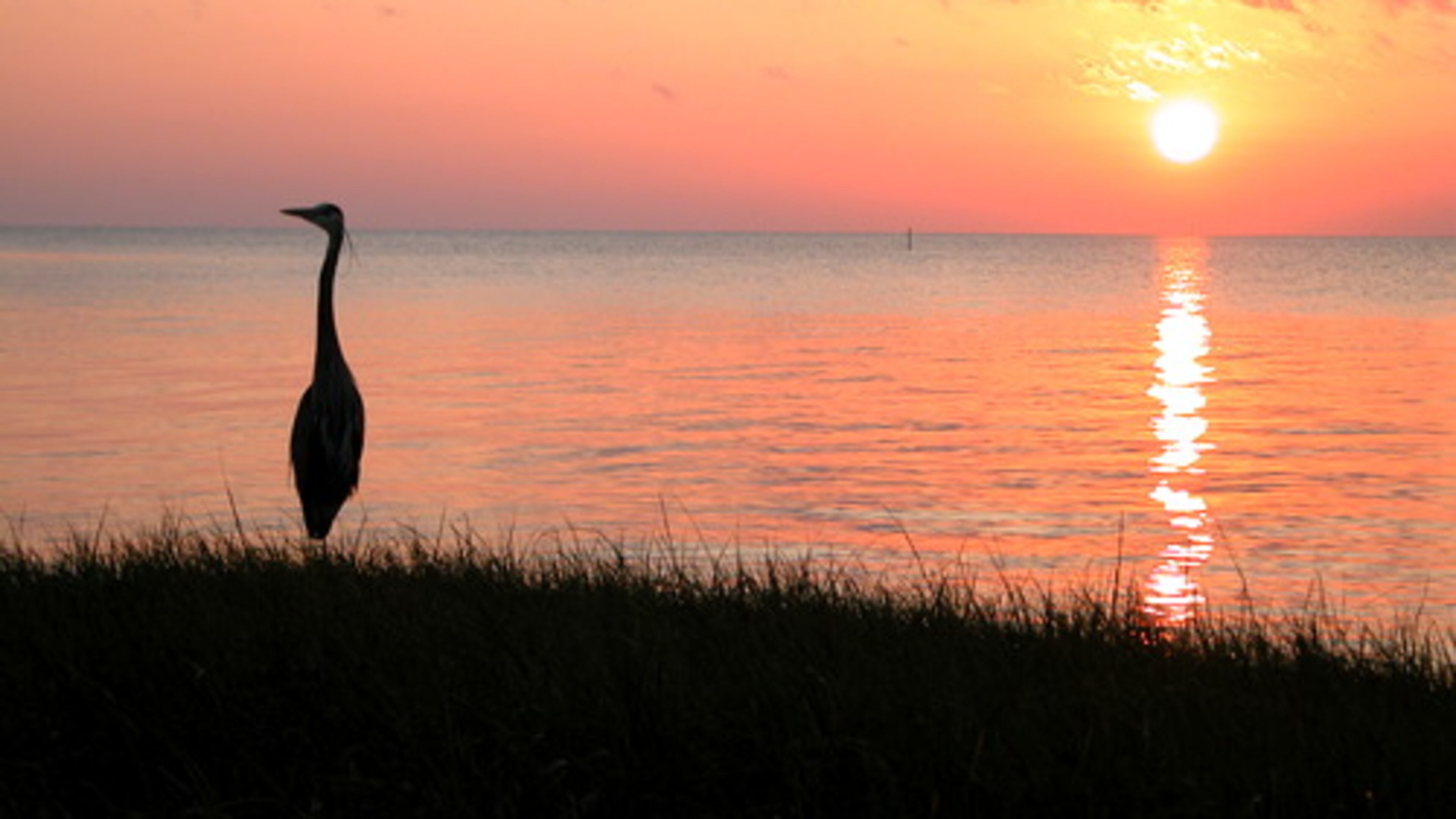Florida blocks oyster harvesting as court mulls Georgia water case

Florida officials on Saturday will begin enforcing a ban on oyster harvesting in the Apalachicola Bay as the state tries to protect the iconic region while it hashes out a long-running water dispute with Georgia at the U.S. Supreme Court.
An executive order approved unanimously by the Florida Fish and Wildlife Conservation Commission earlier this month bars commercial and recreational fishing in the bay. The commission is expected to approve a five-year moratorium in October, part of a $20 million restoration plan for the bay.
Proponents believe the ban will allow time for the oyster population to rebound.
“Apalachicola is a gem of a place and it is one that has been decimated,” Commissioner Rodney Barreto said after the ban was approved. “I feel for all the fishermen and businesses there. We will continue to be emotionally and scientifically available to this community throughout this process.”
Apalachicola once supplied 90% of Florida’s oysters and 10% of the country’s oysters before the industry collapsed in 2013.
Florida blames Georgia for its woes. The bay’s oyster population relies on a delicate blend of freshwater from the Apalachicola River and saltwater from the Gulf of Mexico to thrive. Florida believes Georgia took too much water upstream during a 2012 drought, leading to an increase in predators like conchs, which helped decimate the oyster population.
Florida sued Georgia in a case that was first argued before the Supreme Court in January 2018. Florida is seeking strict consumption limits in the Apalachicola-Chattahoochee-Flint river basin, which serves as the main source of drinking water for roughly 70% of metro Atlanta. Over the last several years, Florida’s lawyers have zeroed in on farmers along the Flint River in southwest Georgia as the main culprit.
Georgia argued the state has been a responsible water steward and said Florida helped hasten the bay’s oyster collapse by lifting harvest limits in the aftermath of the BP Deepwater Horizon oil spill.
A court-appointed expert judge concluded that Georgia’s water use was reasonable and recommended that justices rule in Georgia’s favor in December. The two states are currently trading legal briefs as they wait for the Supreme Court to determine whether a second round of oral arguments is needed.
Lawyers expect justices will agree to hear new oral arguments in the term that begins in October, but it’s possible the body issues a ruling without a second round of in-person proceedings.
The litigation has cost each state tens of millions of taxpayer dollars, including nearly $50 million in Georgia.
Florida argued in an April legal brief that a Georgia victory would “spell doom” for the Apalachicola Bay.
Some local oystermen are supportive of the five-year harvest moratorium in the hopes that it will ultimately lead to a revival for the region. But more than 300 people signed a petition on the website change.org opposing the closure.
“If this proposal is allowed to go through, it will have a detrimental effect on the livelihood of oyster harvesters,” states the petition, which was posted by commercial fisherman Wayne Williams. “The stipulations of the red tape included in this proposal could open the door to the termination of the future of commercial and recreational oyster harvesting.”
The state Fish and Wildlife Commission said it will monitor the oyster population and evaluate whether the population has recovered enough for “limited harvest opportunities” before 2026.



